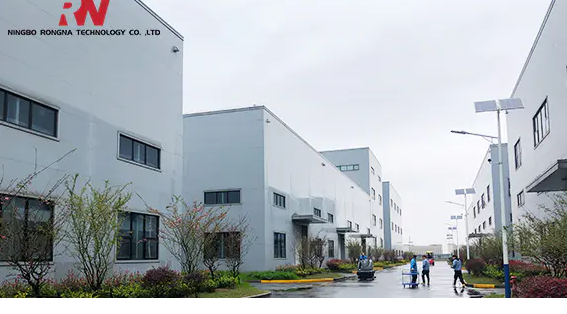Injection molding is a widely employed manufacturing process for plastic components. Integrating eco-friendly practices and materials into this process is crucial for sustainable manufacturing. This guide outlines various approaches to enhance sustainability in injection molding, covering material choices, energy efficiency, waste reduction, emissions control, and collaborative efforts.
Eco-friendly material selection is paramount in promoting sustainability. Utilizing bio-based and biodegradable thermoplastics derived from renewable sources like corn starch, sugarcane, or algae significantly reduces environmental impact. Additionally, incorporating recycled thermoplastics and post-consumer or post-industrial recycled content helps reduce the demand for virgin plastics and promotes a circular economy. Opting for durable, long-lasting materials minimizes the need for frequent replacements, thus curbing waste.
Energy efficiency plays a vital role in sustainable manufacturing. Employing energy-efficient injection molding Thermoplastic and optimizing processing parameters reduce energy consumption and enhance overall efficiency. Implementation of heat recovery systems to capture and reuse excess heat generated during the molding process further contributes to energy conservation.
Efficient waste management is a fundamental aspect of sustainability. Designing molds and parts to minimize material waste, integrating closed-loop recycling systems, and collaborating with recycling facilities for proper waste sorting and recycling help in waste reduction and efficient material utilization.
Lean manufacturing principles aid in optimizing processes, eliminating wasteful steps, and reducing overall waste. Just-in-Time (JIT) manufacturing further decreases waste by minimizing inventory and excess production, aligning with sustainable practices.
Emission control and reduction are essential for environmental preservation. Incorporating advanced emission control technologies and transitioning to renewable energy sources for manufacturing operations help in mitigating harmful air pollutants and reducing the carbon footprint.
Conducting a thorough Life Cycle Assessment (LCA) of the injection molding process and associated materials enables a comprehensive understanding of the environmental impact. This analysis guides in identifying areas for improvement and implementing strategies for a more sustainable product life cycle.
Collaboration and certifications are vital for sustainable practices. Partnering with stakeholders and pursuing certifications such as ISO 14001 for environmental management demonstrate a commitment to eco-friendly injection molding practices and compliance with environmental standards.
Incorporating these eco-friendly practices and materials into the injection molding process significantly contributes to sustainable manufacturing, aligning with global efforts towards a greener and more environmentally conscious future.
